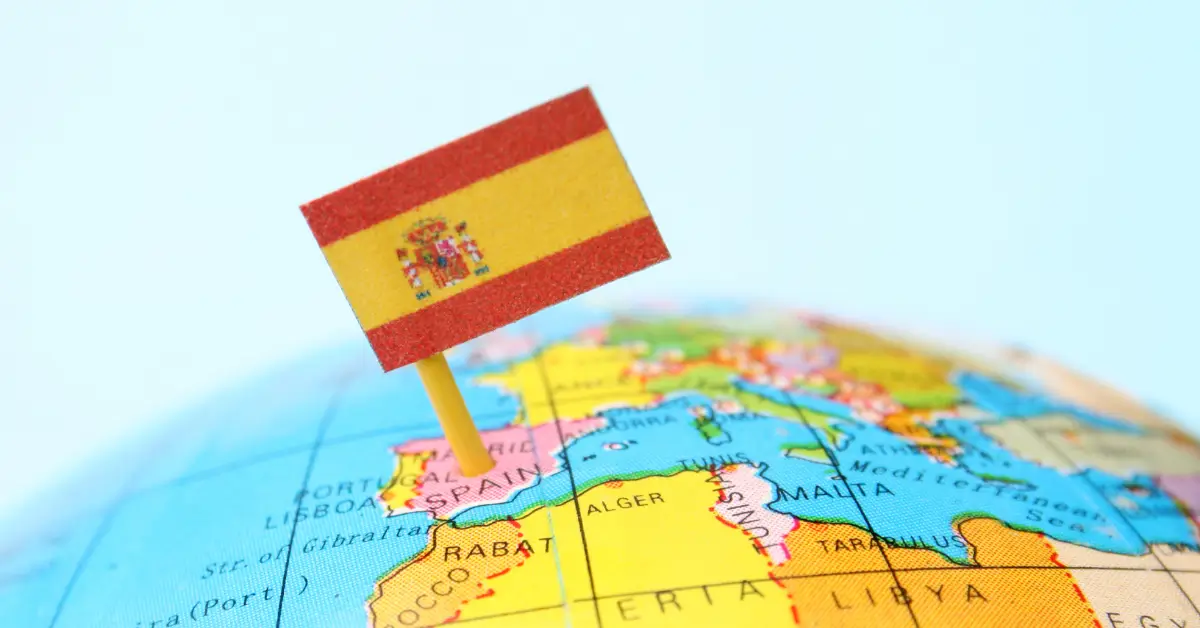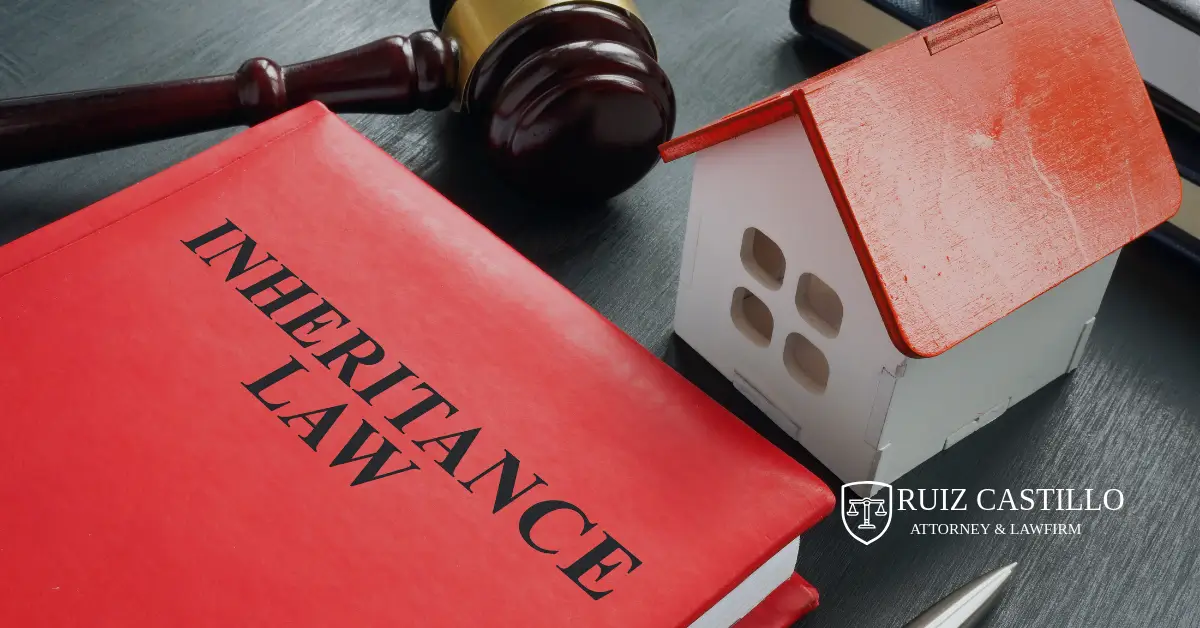
Moving to Spain is a thrilling opportunity, but understanding the legal landscape is essential for a smooth transition. Whether you’re relocating for work, retirement, or a fresh start, this guide will equip you with the necessary knowledge to navigate the Spanish legal system, ensuring your stay in Spain is both enjoyable and legally compliant. Understanding […]
Happy clients
Experience
Masters degrees
Moving to Spain is a thrilling opportunity, but understanding the legal landscape is essential for a smooth transition. Whether you’re relocating for work, retirement, or a fresh start, this guide will equip you with the necessary knowledge to navigate the Spanish legal system, ensuring your stay in Spain is both enjoyable and legally compliant.
Spain operates under a civil law system, which is distinct from common law systems like those in the UK or the US. In civil law systems, laws are codified in comprehensive statutes, meaning legal rulings are based more on written laws than on precedents set by previous court decisions. For expats unfamiliar with civil law, it’s crucial to understand that the focus is on legal codes, and courts primarily interpret these laws rather than setting new legal standards.
The Spanish court system is divided into several jurisdictions, each dealing with specific types of cases:
Understanding which court handles your case can help you navigate potential legal challenges during your time in Spain.
Read my in-depth article about understanding the Spanish Legal System.
Obtaining the correct residency and work permits is one of the most important legal steps for expats. Here’s how it works for EU citizens and non-EU citizens:
If you need guidance on which residency or work permit best fits your situation, contact me, José María Ruiz Castillo, and I’ll ensure you follow the right procedures and complete the paperwork accurately.
Read my in-depth article about key Spanish laws every expat should know.
Two critical documents for expats in Spain are the NIE (Número de Identificación de Extranjero) and the TIE (Tarjeta de Identidad de Extranjero). These are essential for everyday legal and financial activities.
Some banks may allow non-residents to open accounts with just their passport, but having an NIE makes many legal and financial transactions easier. If you are unsure whether you need both documents, or how to apply for them, contact me for step-by-step assistance.
Read my in-depth article about legal rights and obligations of foreigners in Spain.
Spain has a robust public healthcare system that provides universal coverage. Expats who are registered with social security are entitled to public healthcare services. For those not covered by public healthcare, private health insurance is available and often recommended to supplement the public system. Similarly, children of expats are entitled to attend public schools, but many expats also choose private or international schools.
To ensure you and your family have access to the best healthcare and education options, I can assist you with the necessary registrations and help you navigate these systems smoothly.
Understanding and handling Spain’s administrative processes can feel overwhelming for new residents. Some of the most important bureaucratic tasks include:
Let me help you handle these administrative tasks. With my legal expertise, I can ensure your empadronamiento is completed correctly and assist you with tax declarations to avoid any potential pitfalls.
Read my in-depth article about how to navigate the Spanish bureaucracy.
Expats can buy property in Spain, whether they are residents or non-residents. However, the purchase process involves legal steps such as obtaining an NIE, signing contracts, and dealing with notaries. Property taxes and laws governing short-term rentals may also apply.
I have extensive experience helping expats buy property in Spain, ensuring all legal requirements are met. If you’re considering purchasing a home, contact me to assist you throughout the process.
Expats from the EU can use their EU driving license in Spain without the need for conversion. However, non-EU citizens must exchange their driving license for a Spanish one after six months of residency. Vehicle registration is another critical step if you plan to bring a car from your home country. Spanish regulations require foreign cars to be registered and taxed if they will be used regularly in Spain.
If you need help with driving licenses or registering your vehicle, I’m available to assist you in meeting these requirements.
Understanding the legal landscape in Spain is crucial for a smooth and stress-free life as an expat. From residency permits to handling taxes and administrative tasks, having the right legal support can make all the difference. If you need expert assistance with navigating Spanish laws, residency applications, property purchases, or any other legal matter, contact me, José María Ruiz Castillo, today. I am here to ensure that your transition to Spain is seamless, legally compliant, and free from unnecessary complications.
Let’s work together to make your experience in Spain as easy and enjoyable as possible! Contact me for personalized legal support tailored to your needs.







